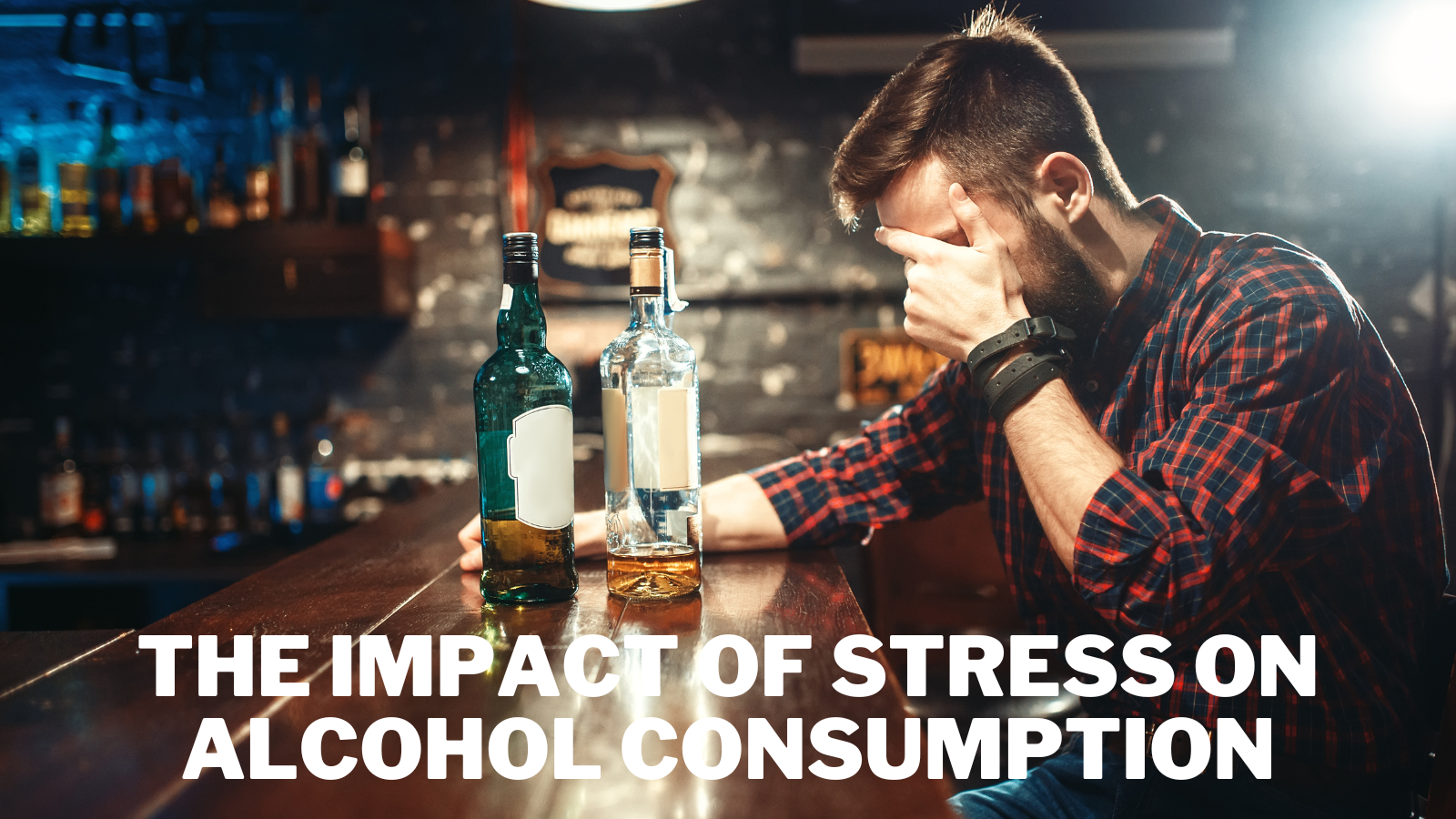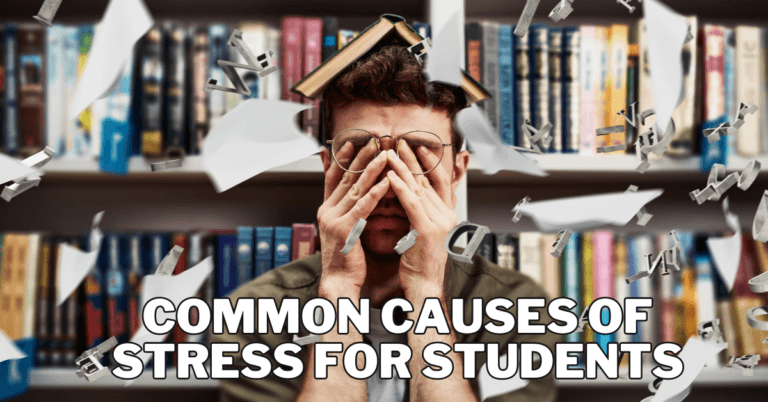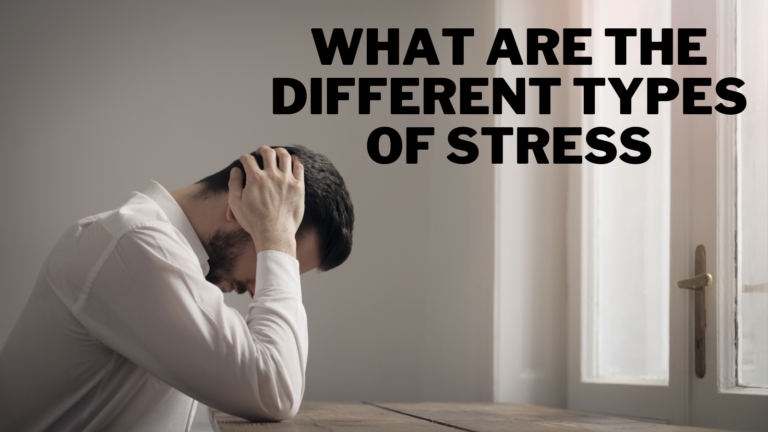Real Impact Of Stress On Alcohol Consumption
Real Impact Of Stress On Alcohol Consumption
In our fast-paced and demanding world, stress has become an all too common companion for many individuals.
When faced with stressors, some people turn to alcohol as a temporary relief, hoping to find solace or escape their burdens.
However, the relationship between alcohol and stress is complex and multifaceted. While alcohol may provide momentary respite, it can ultimately contribute to a vicious cycle that intensifies stress levels and hampers overall well-being.
This blog post will delve into the connection between alcohol and stress, exploring both the short-term effects and long-term implications.
We will examine why individuals may seek alcohol as a coping mechanism for emphasis, the potential dangers of relying on alcohol for stress relief, and healthier alternatives for managing stress.
By shedding light on this topic, we aim to foster a deeper understanding of the complex interplay between alcohol and stress, ultimately encouraging individuals to seek healthier avenues for stress management.
Join us as we unravel the intertwined relationship between alcohol and stress and discover how making informed choices can lead to greater well-being and long-term stress resilience.
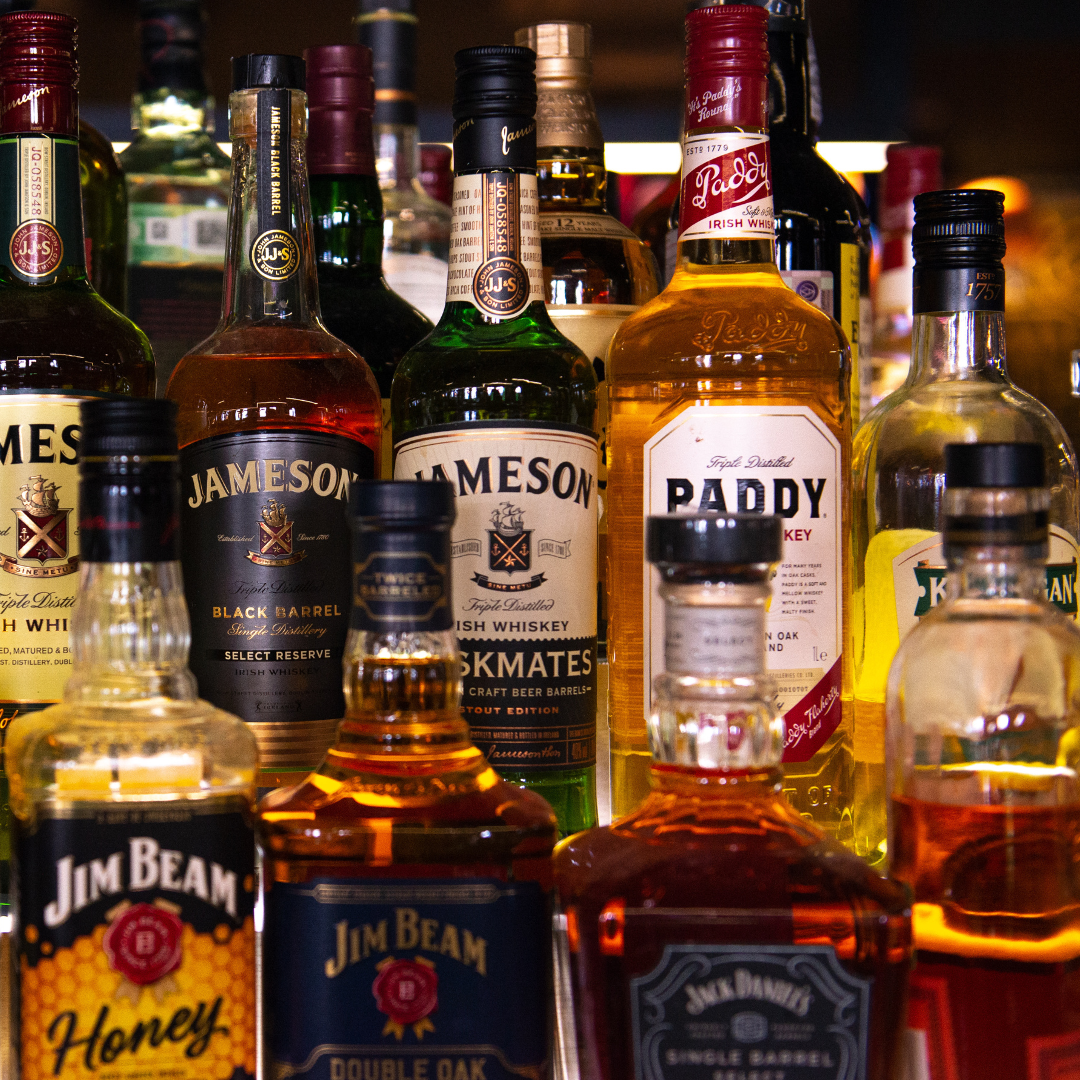
Short-Term Effects Of Alcohol On Stress
It is important to note that while these short-term effects may provide temporary relief, they do not address the underlying causes of stress.
Moreover, relying on alcohol as a primary coping mechanism can lead to various negative consequences and worsen stress levels in the long run.
1. Reduced Inhibitions
Reduced inhibitions caused by alcohol can profoundly impact social situations, particularly in alleviating social anxiety and feelings of self-consciousness associated with stress.
When consumed in moderate amounts, alcohol can help individuals feel more confident and carefree in social settings. It lowers inhibitions, allowing individuals to relinquish self-imposed constraints and engage more freely with others.
This temporary relief from social anxiety can create a sense of ease and enable individuals to participate in conversations, meet new people, and enjoy social activities without self-doubt.
It provides a brief respite from the self-critical thoughts and judgment often accompanying stressful social situations, allowing individuals to experience a sense of liberation and enjoyment.
However, it is important to note that relying solely on alcohol to alleviate social anxiety can be problematic and lead to dependence or negative consequences.
Developing healthier coping mechanisms and seeking professional support are essential for long-term stress management and social well-being.
2. Distraction From Stressors
Engaging in drinking activities or being in a social setting where alcohol is present can temporarily distract from everyday stressors.
When faced with challenging situations or a relentless stream of worries, people may seek solace in the social atmosphere that often accompanies drinking.
The friendliness and camaraderie found in social settings can provide a respite from the weight of stressors, offering moments of laughter, conversation, and a sense of belonging.
In these moments, the focus shifts away from the burdens of daily life, and individuals find temporary relief from worrying or ruminating about their stressful situations.
Raising a glass, savouring a drink, and engaging in social interactions can create a diversion from stress, allowing individuals to temporarily disconnect from their worries and find a sense of enjoyment and relaxation.

3. Increased Sociability
Alcohol's ability to lower social barriers and increase sociability can impact individuals' interactions. In social settings, alcohol can serve as a social lubricant, helping individuals feel more relaxed, confident, and outgoing.
It can temporarily reduce inhibitions and self-consciousness, making it easier for people to engage in conversations, initiate interactions, and connect.
This effect can be particularly beneficial for individuals who struggle with social anxiety or find it challenging to navigate social situations.
By reducing feelings of stress or self-doubt, alcohol can create a sense of ease and enable individuals to participate more comfortably in social activities.
It can provide a temporary escape from the pressures of social expectations and foster a sense of camaraderie and enjoyment.
However, it is crucial to approach alcohol consumption with moderation and awareness, as excessive use can lead to negative consequences and impair judgment.
Additionally, relying solely on alcohol to facilitate social interactions may hinder the development of genuine connections and interpersonal skills in the long run.
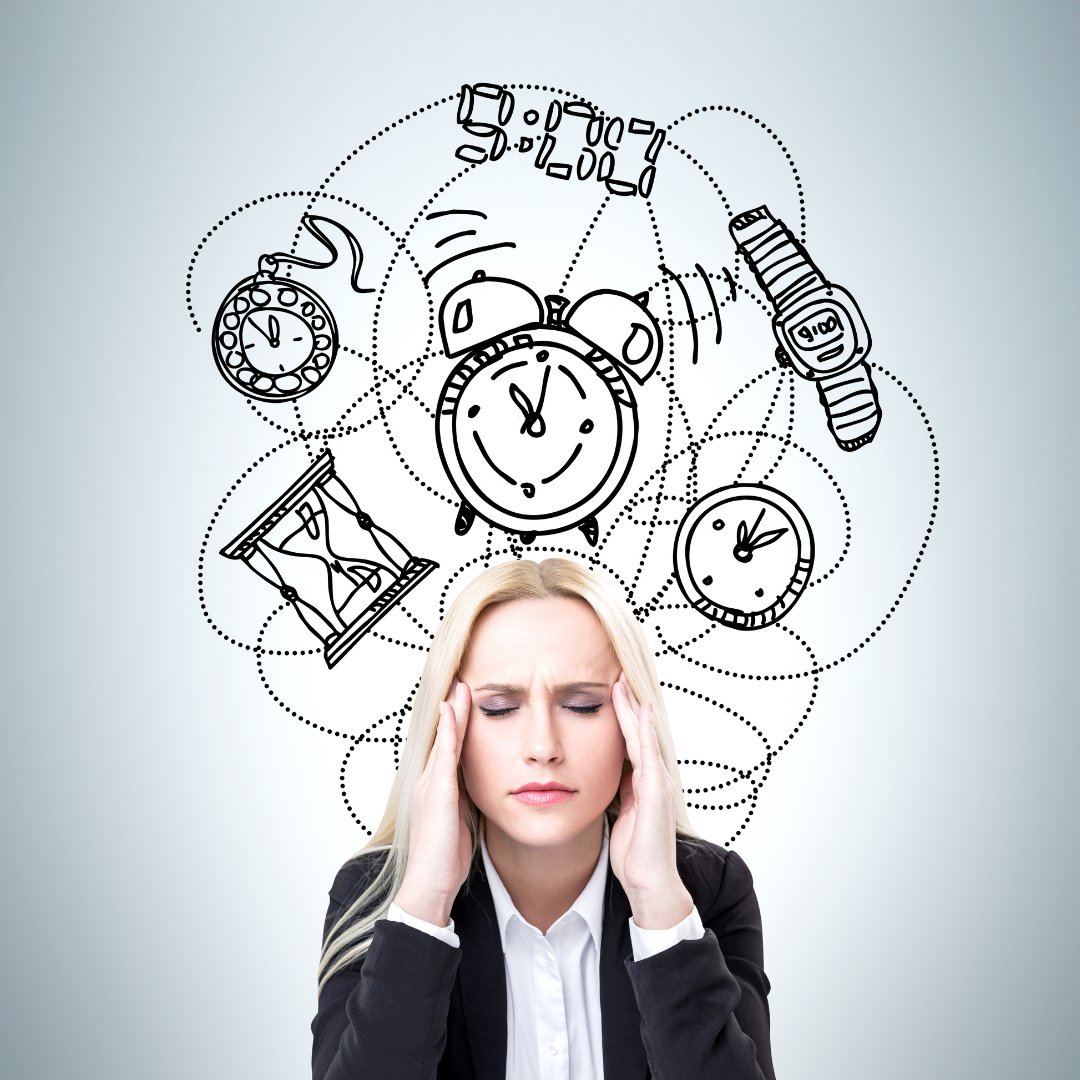
4. Altered Perception Of Time
Alcohol's ability to alter the perception of time is a phenomenon many individuals experience. When under the influence, time can pass faster than it does in reality.
This distortion of time perception can provide a sense of escape or relief from stress by momentarily detaching individuals from the pressures of deadlines or responsibilities.
In moments of stress, it is not uncommon for individuals to feel overwhelmed by the weight of time constraints or the urgency to accomplish tasks.
However, when alcohol enters the equation, the perception of time can become skewed, creating a subjective experience where the passage of time feels accelerated.
This altered perception can provide a temporary respite from the constant awareness of time ticking away, granting individuals a mental reprieve from stressors and allowing them to feel a sense of liberation from the pressures of daily life.
While it may offer temporary relief, the underlying stressors and responsibilities remain, and excessive use of alcohol can have negative consequences on physical and mental well-being.
5. Relaxation Of Physical Tension
Alcohol's sedative effects can lead to muscle relaxation and provide physical comfort. When individuals are under stress, it is common for their bodies to manifest physical tension, which can contribute to discomfort, muscle tightness, and even headaches.
The consumption of alcohol can temporarily alleviate these physical symptoms by acting as a muscle relaxant. The alcohol's depressant properties can help reduce muscle tension, promoting physical relaxation and ease.
As the soothing effects take hold, individuals may experience a release of tension in their muscles, leading to temporary relief from the physical manifestations of stress.
This relaxation of physical pressure can contribute to overall well-being and provide individuals with a brief respite from the discomfort caused by stress-related symptoms. Excessive alcohol consumption can have detrimental effects on both physical and mental health.
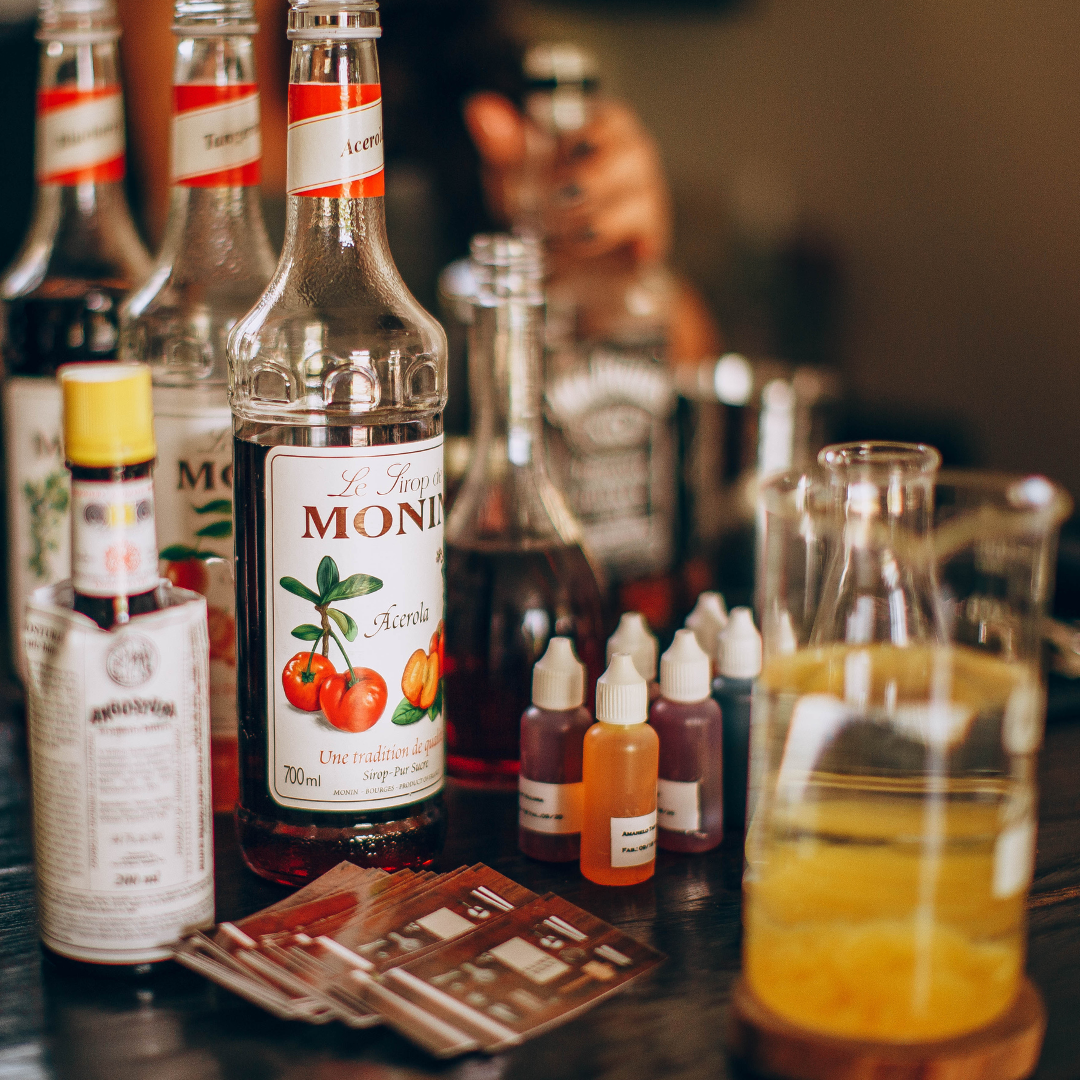
Long-Term Effects Of Alcohol On Stress
Understanding the long-term effects of alcohol on stress highlights the importance of finding healthier and sustainable ways to manage stress.
It is crucial to seek support, develop healthy coping mechanisms, and consider professional help if needed to break the cycle of relying on alcohol as a means of stress relief.

1. Dependency And Addiction
Continued reliance on alcohol as a coping mechanism for stress can develop alcohol dependency and addiction. Initially, individuals may turn to alcohol to temporarily relieve stress, as it can provide a sense of relaxation and escape.
As individuals become more dependent on alcohol to manage stress, their tolerance increases, and they may require higher amounts to achieve the same effect.
This can lead to a dangerous pattern where individuals may experience increased stress due to alcohol use, such as relationship problems, financial difficulties, or health issues.
Paradoxically, the very substance they turn to for stress relief can contribute to a worsening of their overall well-being. This cycle perpetuates a strong urge to drink, as individuals believe it is the only way to alleviate stress.
Breaking free from this cycle of dependency and addiction requires professional help, support networks, and the development of healthier coping mechanisms to manage stress.
2. Impaired Cognitive Function
Chronic alcohol use can harm cognitive function, impairing various aspects such as memory, attention, and decision-making abilities.
Prolonged and excessive alcohol consumption can lead to structural and functional changes in the brain, impacting the neural pathways responsible for cognitive processes.
Memory formation and retrieval may become more challenging, making recalling important information or events difficult.
Attention span and concentration can be affected, resulting in decreased focus and diminished ability to stay engaged in tasks.
These cognitive impairments can significantly hinder an individual's ability to cope with stress effectively. When faced with challenging situations, individuals may struggle to think, make rational choices, and apply problem-solving strategies.
Instead, they may be more prone to impulsive reactions or have difficulty finding healthy and adaptive solutions to their stressors.

3. Interference With Sleep Patterns
Alcohol consumption can significantly interfere with normal sleep patterns, leading to sleep disturbances. While alcohol may initially induce drowsiness and facilitate falling asleep, its effects on sleep quality are detrimental. It can disrupt the natural sleep architecture, resulting in fragmented and shallow sleep.
Individuals may experience difficulties staying asleep throughout the night, frequently waking up or experiencing restless sleep.
REM (rapid eye movement) sleep, crucial for cognitive functioning and emotional regulation, may be suppressed, leading to an imbalance in sleep stages. As a result, individuals wake up feeling unrefreshed, tired, and irritable, exacerbating their overall stress levels.
The lack of restorative sleep impairs the body's ability to recover from daily stressors and negatively affects cognitive performance, mood, and overall well-being.

4. Relationship Strain
Excessive alcohol consumption can strain relationships with family, friends, and colleagues. The negative consequences of alcohol abuse, such as unpredictable behaviour, impaired judgment, and emotional volatility, can cause conflicts and breakdowns in communication.
Trust may be eroded, and loved ones may feel hurt, frustrated, or betrayed by the actions of the individual struggling with alcohol abuse.
The support network that typically provides solace and understanding during stressful times weakens as relationships deteriorate.
This loss of social support can exacerbate feelings of isolation and loneliness, leading to an increased reliance on alcohol as a coping mechanism.
The cycle of strained relationships, isolation, and alcohol dependence can create a detrimental loop that amplifies stress levels and hinders healthy stress management.
5. Financial And Legal Consequences
Alcohol misuse can have significant economic and legal repercussions. Excessive alcohol consumption can lead to impulsive spending, financial mismanagement, and job instability or loss.
The financial strain resulting from these behaviours can intensify stress levels, as individuals may face mounting debts, struggle to meet financial obligations and experience a loss of financial security.
Moreover, alcohol-related legal issues, such as DUI (driving under the influence) charges or legal conflicts arising from impaired judgment, can further compound stress and create a cycle of negative consequences.
These financial and legal stressors impact the individual's immediate well-being and can have long-lasting effects on their personal and professional life.
By addressing the financial and legal consequences of alcohol misuse, individuals can reduce stress and work towards a more stable and balanced life.

6. Further Points On Alcohol As A Maladaptive Coping Mechanism
Breaking free from reliance on alcohol as a coping mechanism requires acknowledging the negative consequences and seeking healthier alternatives.
It involves developing self-awareness, building a support system, and seeking professional help. By doing so, individuals can cultivate more beneficial coping strategies and regain control over their stress management, improving overall well-being.
7. Emotional Suppression
Alcohol can be an emotional suppression, preventing individuals from temporarily confronting and processing stress-related emotions.
Individuals may experience temporary relief from the discomfort associated with stress by numbing or dulling their emotions.
However, this emotional suppression hinders healthy emotional regulation and inhibits resolving underlying issues contributing to stress.
Avoiding or ignoring emotions can lead to a buildup of unresolved feelings, which can intensify stress levels over time. Individuals need to recognize the significance of emotional well-being and develop healthy coping strategies that allow for the acknowledgment and constructive expression of emotions.
Seeking therapy or counselling can provide support in exploring and addressing underlying emotional challenges, facilitating healthier stress management and overall well-being.

8. Escalation Of Problems
Relying on alcohol as a coping mechanism for stress can lead to escalating problems rather than effectively addressing and resolving them.
Alcohol impairs judgment and decision-making abilities, resulting in risky behaviours or poor choices that worsen stress levels and create new stressors.
Instead of implementing healthy strategies to manage stress, individuals may find themselves trapped in a cycle of using alcohol as a temporary escape, only to face more significant consequences later.
By breaking free from reliance on alcohol and adopting healthier approaches, individuals can address stressors more effectively and create positive change in their lives.
9. Negative Impact On Relationships
Alcohol misuse can hurt relationships, leading to strain and difficulties with loved ones. Erratic behaviour, emotional instability, and neglect of responsibilities often accompany alcohol misuse, which can cause tension, conflicts, and a breakdown in trust.
The strain on relationships can increase stress levels, as individuals may feel isolated and unsupported. The diminished support system further perpetuates the cycle of relying on alcohol as a coping mechanism.
It is important for individuals struggling with alcohol misuse to recognize its detrimental effects on their relationships and seek help to address underlying issues.
Rebuilding and repairing relationships through open communication, therapy, and a commitment to sobriety can provide a foundation for healthier coping mechanisms and a stronger support network, ultimately reducing stress and promoting overall well-being.

10. Physical Health Decline
Excessive alcohol consumption can significantly negatively impact physical health, leading to a decline in overall well-being.
Alcohol misuse can damage the liver, disrupt digestive processes, weaken the immune system, and increase the risk of various diseases.
These physical health consequences can intensify stress as individuals experience detrimental effects on their bodies.
The combination of physical health decline and heightened stress creates a vicious cycle that can be challenging to break.
Individuals must recognize the importance of physical well-being and seek support to address alcohol misuse and improve their overall health.
By adopting healthier lifestyle choices, seeking medical guidance, and engaging in stress-reducing activities, individuals can restore their physical health, alleviate stress, enhance their overall quality of life, and reduce overall well-being.
11. Financial Burden
Regularly purchasing alcohol can create a financial burden, especially if it takes precedence over essential expenses.
The financial strain resulting from prioritizing alcohol consumption can become a significant stressor on its own, further perpetuating the cycle of stress and reliance on alcohol as a coping mechanism.
As individuals face difficulties in meeting financial obligations and experience the consequences of financial mismanagement, stress levels escalate, and the reliance on alcohol may intensify.
Breaking free from this cycle requires recognizing the impact of alcohol on financial well-being and seeking support to address the underlying issues.
By implementing strategies for financial management, seeking assistance from financial advisors or support groups, and redirecting resources towards healthier coping mechanisms, individuals can reduce stress, improve their financial situation, and create a more balanced and fulfilling life.
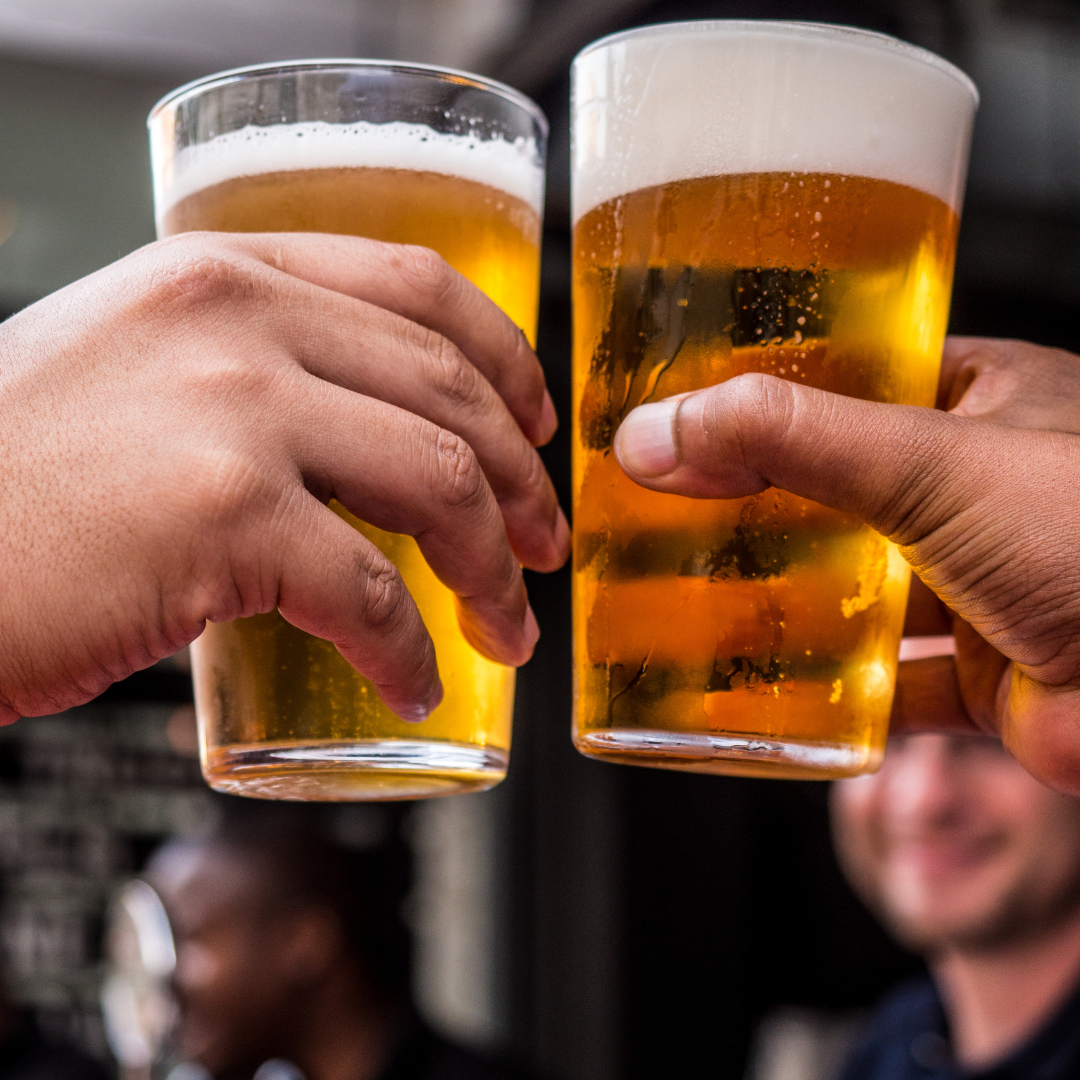
Conclusion
While it may be tempting to turn to alcohol as a quick fix for stress, it is crucial to recognize that alcohol is not a sustainable or effective long-term solution.
Drinking to cope with stress can create a detrimental cycle that worsens physical and mental well-being. Rather than relying on alcohol, exploring healthier alternatives for managing stress is essential.
Individuals can develop more effective coping mechanisms by implementing strategies such as regular exercise, practicing relaxation techniques, seeking social support, and, when necessary, consulting with a mental health professional.
These approaches address the root causes of stress and promote overall well-being.
Understanding the connection between alcohol and stress empowers us to make informed choices and seek healthier outlets for managing stress.
By prioritizing self-care, engaging in healthy habits, and fostering a support system, we can build resilience and navigate stress sustainably and positively.
Remember, each individual's journey toward managing stress is unique, and finding what works best may require patience and experimentation.
Let's strive to prioritize our well-being, break free from the cycle of relying on alcohol as a coping mechanism, and embrace healthier strategies for managing stress. Together, we can cultivate a life filled with balance, resilience, and genuine long-term stress relief.
I trust you enjoyed this article about the Impact Of Stress On Alcohol Consumption. Please stay tuned for more blog posts soon.
JeannetteZ
>>>Please click here to read my all-inclusive article about Lessons That Will Teach You All About Stress<<<
>>>Are you interested in Natural Healing And Stress Relief Through Herbs? Please click here for my #1 Recommendation<<<
Your Opinion Is Important To Me
Do you have thoughts, ideas, or questions? I would love to hear from you. Please leave me your questions, experiences, and remarks about the Impact Of Stress On Alcohol Consumption in the comments section below. You can also email me at Jeannette@Close-To-Nature.org.
Disclosure
This post may contain affiliate links. I earn from qualifying purchases as an Amazon Associate and other affiliate programs. Please read my full affiliate disclosure.
You might also enjoy these blog posts:
Best Surprising Benefits Of Laughing

